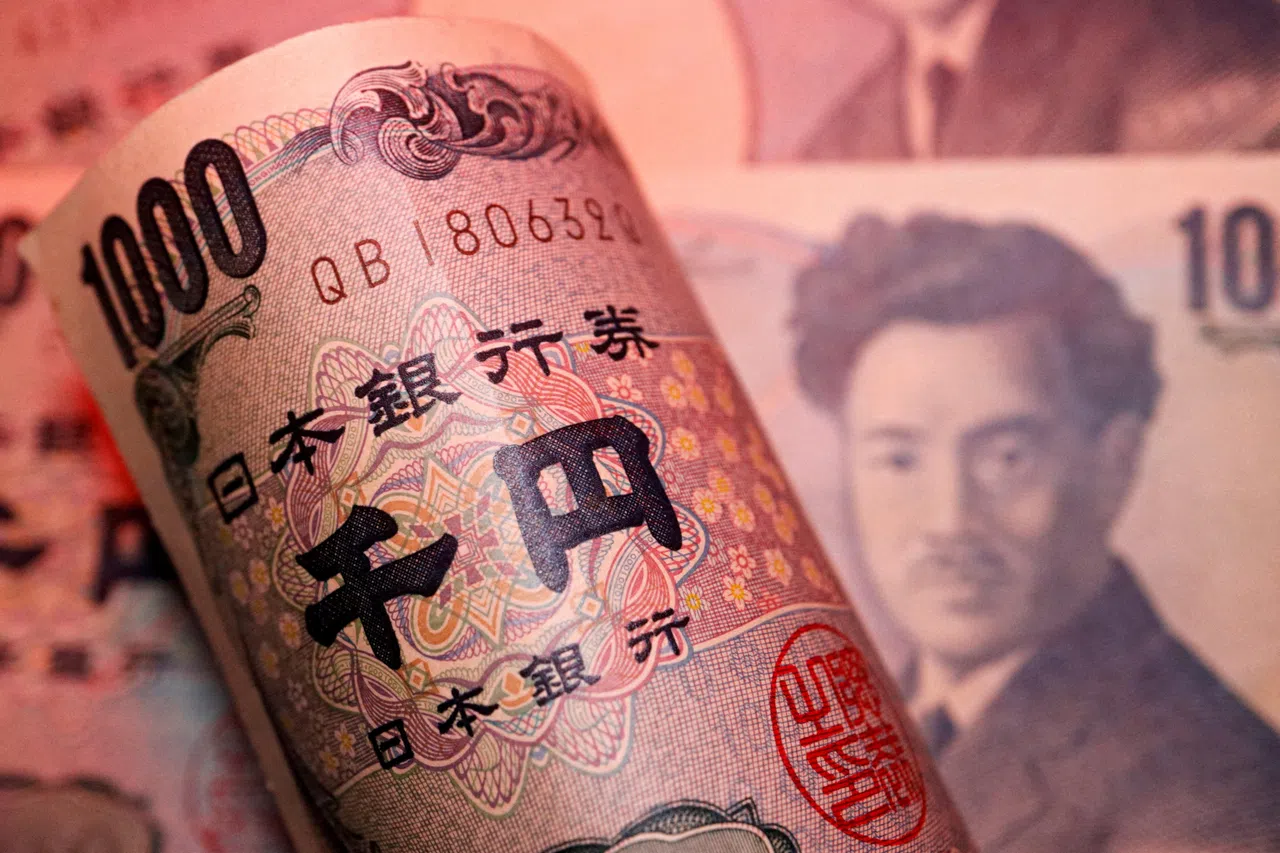Japan renewed efforts to counter excessive yen falls during the G7 finance leaders’ weekend meeting, despite a recent rise in bond yields to a 12-year high failing to slow the currency’s decline. This highlights the policymakers’ challenge of balancing the need to arrest sharp yen drops, which hurt consumption, while keeping borrowing costs low to support the economy. The G7 finance ministers, after lobbying by Japan, reaffirmed their commitment to caution against excess volatility in foreign exchange rates. Japan’s top currency diplomat, Masato Kanda, indicated potential renewed currency-market intervention, stating that Tokyo was ready to act “any time” to counter excessive yen movements. Meanwhile, Bank of Japan (BOJ) Governor Kazuo Ueda emphasized that long-term interest rates should be market-set, despite rising yields.
Market expectations for a near-term interest rate hike or a scale-back in bond purchases have been raised by the BOJ’s signals, driving the 10-year Japanese government bond yield to a 12-year high. However, this rise has not significantly boosted the yen, which stood at 156.98 to the U.S. dollar on Friday. Analysts are divided on the timing of a taper decision, with some expecting action as early as June. Yet, skepticism remains about the effectiveness of such measures in stopping the yen’s decline, given weak economic data and flat service-sector inflation. The BOJ’s readiness to raise rates depends on inflation consistently hitting its 2% target.

